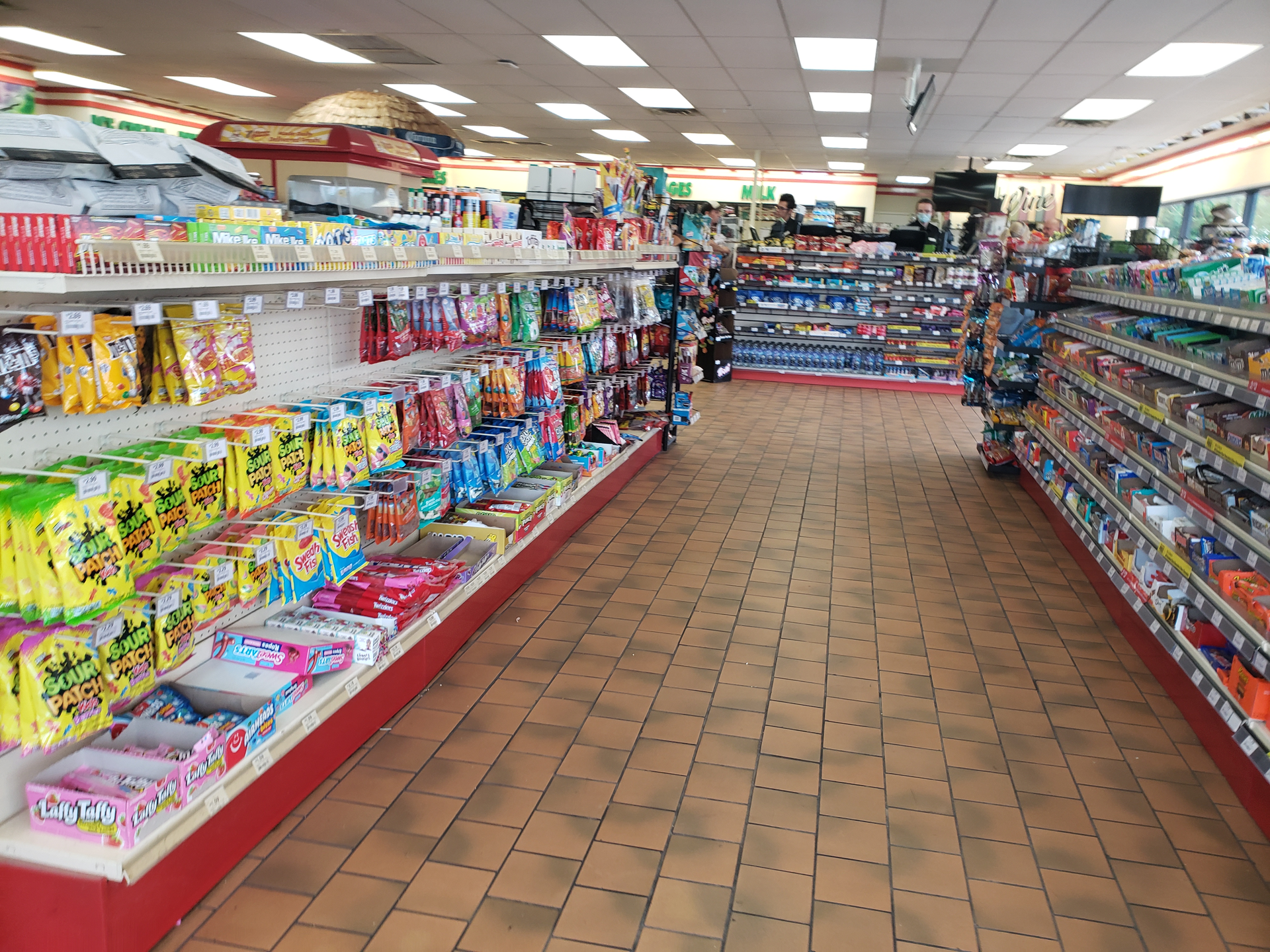There are few activities as convenient as stocking up on road trip snacks, beverages, lottery tickets, and myriad other items while you fill up the tank. But all that convenience comes at a cost for the people who manage a store’s many business licenses, permits, and taxability rules and rates on everything that lines its shelves. From a tax standpoint, you can almost view a convenience store as multiple stores packed into the same space.
So complex is the situation that the Department of Revenue for Washington state prepared a comprehensive guide for convenience store owners to help clarify the tax rules that apply exclusively to them.
Many products = many taxability rules
Convenience stores must adhere to some of the most complex tax rules in the retail sector simply because of the diverse items they sell. Consider the following: Selling a frozen burrito often requires a different business license and is charged a different tax rate than selling a burrito fresh from the hot case. That’s just one scenario from a complex web of tax rules that varies from state to state.
Typical convenience store products and services that may require dedicated business licenses or permits, and are subject to varying rates and taxability rules:
- Frozen food
- Packaged food
- Prepared food
- Soda and candy
- Fruits and vegetables
- Over-the-counter medication
- Alcoholic beverages
- Lottery tickets
- Tobacco and vape products
- Propane
- Live bait
- Automotive repair, servicing, or detailing
- Money distribution centers (ATMs)
Not only do states apply sales tax rules based on the status of the food as it’s sold — hot, cold, prepared, frozen, or packaged — some even make tax conditional to whether utensils are handed out with the purchase.
“There are so many strange tax laws,” says Lisa Dodson, who manages the price book for Yesway. “For example, in Iowa, a candy bar that contains flour is non-taxable, but one without flour is taxable. We can’t have those kinds of complexities slowing our growth or creating unnecessary compliance risks such as penalties, fines, or customer dissatisfaction.”
For the single-store operator, these tax rules might seem tenable, but for a business manager that owns and manages multiple stores in various locations, the complexity grows exponentially. Just one new store can produce 1,000 to 10,000 new SKUs on top of the local motley rules and regulations.
A more convenient grocery store
When it comes to non-prepared meals, convenience stores must account for the various tax exemption rules on its food products, aka groceries. In many locations groceries aren’t taxed, but the rules aren’t uniform across the board. Three states tax food at the full rate: Alabama, Mississippi, and South Dakota. Four states tax food at the full rate but offset the tax with credits or rebates for qualifying taxpayers: Hawaii, Idaho, Kansas, and Oklahoma. And six states tax food at a reduced rate: Arkansas, Illinois, Missouri, Tennessee, Utah, and Virginia.
The remaining 37 states and the District of Columbia exempt most food for home consumption, though local taxes may apply in some states (e.g., Arizona, Colorado, Georgia, Louisiana, North Carolina, and South Carolina).
Check out this blog post for a deep dive on state rules for tax exemptions on groceries.
Understanding tax types
It’s not as simple as fully comprehending the sales tax rules on what you sell; it also requires understanding the specific rates and rules for each tax type.
- Sales and use tax is levied by states and local municipalities on consumer transactions of goods and services, the collection of which is determined by the connection a business has to a state, either based on physical location, sales volume, or other means. Check out our sales tax nexus resource page for a deeper dive.
- Excise tax is a federal tax imposed on select products, including fuel, alcohol, and tobacco. The taxability rules and regulations surrounding excise products differ from the rules for sales and use tax.
- Consumer use tax is a tax that falls to the seller, who is then accountable for remitting the appropriate consumer use tax to authorities. Consumer use tax liability can also be triggered when a seller consumes inventory purchased tax free for resale. Consumer use tax within a convenience store commonly applies when the business uses its own supplies that were initially purchased tax free.
Wrapping it up
The rules, regulations, and complications that haunt convenience store openings and product line expansions can feel overwhelming. But don’t let that keep you from pursuing success. Resources exist to help you navigate business licenses, acquire new locations, and get a handle on sales tax and consumer use tax.
If you’d like to dig deeper into business license information, click over to our blog: Business licenses: How many do you need, and how do you get them? To get your bearings on the latest sales tax changes, read Avalara tax changes 2022.
========
Morgan Coleman is senior manager of web content strategy at Avalara and Tax Desk contributor, where he writes about sales tax laws and the challenges compliance can pose to accounting and business professionals.
Thanks for reading CPA Practice Advisor!
Subscribe Already registered? Log In
Need more information? Read the FAQs




